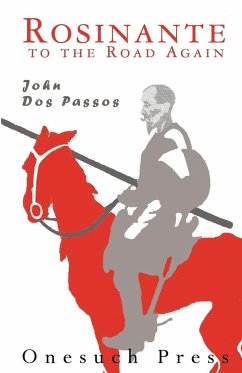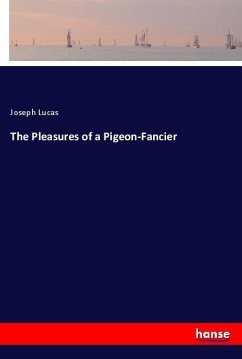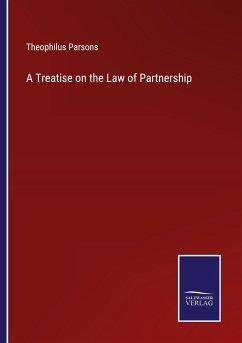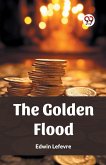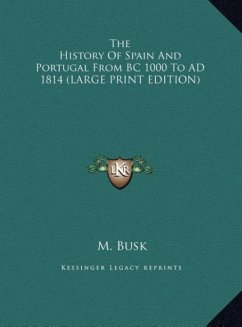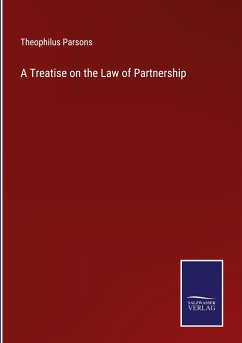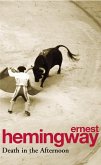The title of John Dos Passos' evocative early novel alludes to Don Quixote's horse in that most celebrated of Spanish novels that follows the adventures of a wandering dreamer. Dos Passos spins a tale of two travellers making their way by foot from Madrid to Toledo in post-World War I Spain. Along the way, they encounter simple, earthy folk on the trail and in taverns, providing a convenient backdrop for Dos Passos's observations on the tension between old agrarian ways and new industrial imperatives. Dos Passos interweaves the story with chapters about the finest Hispanic poets and novelists of the day. One of his earliest books and a most poetic use of the English language.

